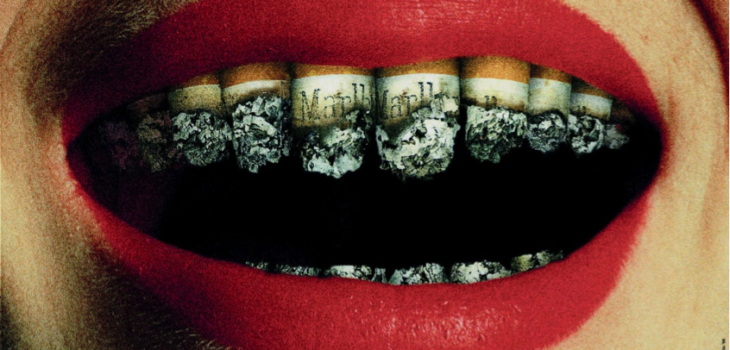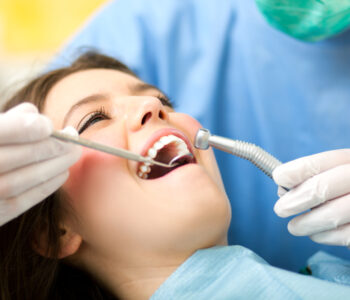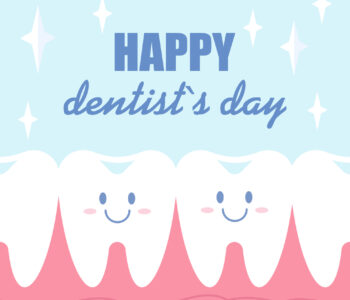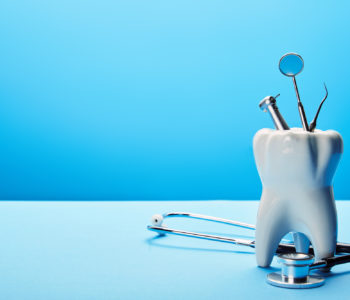 Dental Health
Dental Health
Some Sweet Reasons to Quit Smoking
Unless you have long-term ambitions to celebrate Halloween every day of the year, courtesy of a Jack O’Lantern-like smile, it’s high time you heavy smokers considered kicking the habit. Smoking wreaks havoc on your smile and is horrendous for your overall oral health.
Sure, since 1964, the U.S. Surgeon General has been admonishing the American public on the dangers of smoking. But for many, the stats just didn’t prove scary enough. Maybe it’s because much of the damage caused by smoking is internal and, therefore, not seen. Out of sight, out of mind? Maybe for a hot minute, but given enough time, the effects of smoking will start to visibly leave their marks, in this case, most noticeably on your smile.
Why is smoking such an unhealthy habit for your teeth, specifically?
A Smile that Goes Up in Smoke
Smoking weakens the connective tissue between your bone and the soft tissue surrounding your teeth. This leads to gum disease, which is the number one reason for adult tooth loss. The Academy of General Dentistry reports that female smokers lose 1.5 teeth per decade, while male smokers lose 2.9. So, every ten years, anywhere from one to three teeth will drop out of your head.
Now, if you want a smile that resembles a row of bombed out houses, by all means, smoke ‘em if you got ‘em. But, most people, even in between puffs, would likely admit that they value their smiles, especially since a healthy smile is often the first thing people notice about you.
Even if you can boast a full mouth of teeth, soon enough, you’ll notice that your enamel is unsightly, yellowed like old wallpaper or stale candy corn. In some cases, lifelong smokers report teeth that have turned brown. Let’s be honest, Boston Baked Beans are best left in their boxes.
All kidding aside, here are a few frightening figures from the Centers for Disease Control:
- 16% of smokers suffer from bad dental health
- More than 1/3 of smokers have a minimum of three dental health issues
- 2% of smokers are more likely to develop gum disease
But the trouble doesn’t stop there…
Smoking Mounts an Attack on Your Senses…
…And possibly your social life. After all, another thing people tend to take immediate notice of upon meeting someone new is their breath. Smoking causes bad breath that no amount of gum or mints can ever freshen up.
Not that you’ll be able to appreciate the taste of either one, anyway – or anything else for that matter. Smoking dulls the sense of taste over time, turning your favorite treats into bland tidbits.
While these are the negative effects of smoking that you can see and experience in an arguably more immediate way, make no mistake, the threat smoking poses to your teeth and oral health is far grimmer than an unfortunate or stinky smile. The damage that you can’t see is dark, and, in some cases, downright deadly.
The Insidious Side of Smoking
Smoking hinders the healthy, normal function of the cells, which make up your gum tissue. When that healthy function is compromised, smokers are then at greater risk for developing serious infections – for instance – periodontal disease. According to the American Society for Microbiology, more than 40% of periodontal cases result from smoking.
Poor blood flow to the gums, due to lack of oxygen from smoking, is also believed to slow the time it takes for wounds to heal properly. The longer it takes a wound to heal, the more susceptible to infection the area and surrounding tissue will be.
In addition to gum disease, smoking can cause a variety of cancers and compromises your entire immune system. How bad can it get?
Bad with a Capital C
Cancer is undeniably connected to smoking. Consider this:
- Approximately 90% of those diagnosed with cancer of the throat, tongue, mouth, and lips, and those at risk of developing such types of cancers directly correlate with the length of smoking habit and the amount smoked.
- Approximately 37% of those diagnosed who then continue to smoke after their cancer has been treated will, in fact, develop additional cancers of these same areas, while only 6% of those patients who stopped will develop additional cancers.
Smoking’s Double-Edged Sword
The CDC also reports that smokers are less likely to have visited a dentist in the past five years than non-smokers. This is doubly problematic because in reality smokers need to visit the dentist more frequently than non-smokers. Think about it. The smoking habit itself causes damage that goes untreated by a dentist because most smokers are loathe to endure the pressure or admonishment to quit. So, whatever dental issues are present simply worsen over time.
Stop the Madness and Send Out the S.O.S
Like any problem, ignoring the effects of smoking – whether invisible or right in front of your face – will not make these issues go away. Rather, you should schedule a visit with your dentist to discuss cessation strategies and evaluate your oral health in order to determine how to strengthen it in the future.
In the meantime, if you’ve been a longtime smoker and especially if you have no intention of quitting, you’ll need to prioritize your oral health and schedule some extra visits with Nancy in order to stay on top of your best possible oral hygiene and monitor any issues as they arise. And arise they will.
Better yet, save the scares for Halloween and see Dr. Chen about polishing up your smile and embracing greater oral and overall health today. Contacting Karen is the first step, so call the office at 603-521-7739 and kick the cigs to the curb.










2 COMMENTS
[…] Teeth whitening is a non-invasive, restorative procedure that targets your tooth enamel with the aesthetic aim of removing stains and brightening your smile. In most cases, a patient might choose to whiten his or her teeth due to discolorations created by common culprits like coffee, tea, wine, and smoking. […]
[…] decisions, like avoiding sugary snacks and beverages. A big preventative dentistry pointer — quit smoking, or don’t start if you haven’t yet. There is a lot you can do to protect and promote a […]